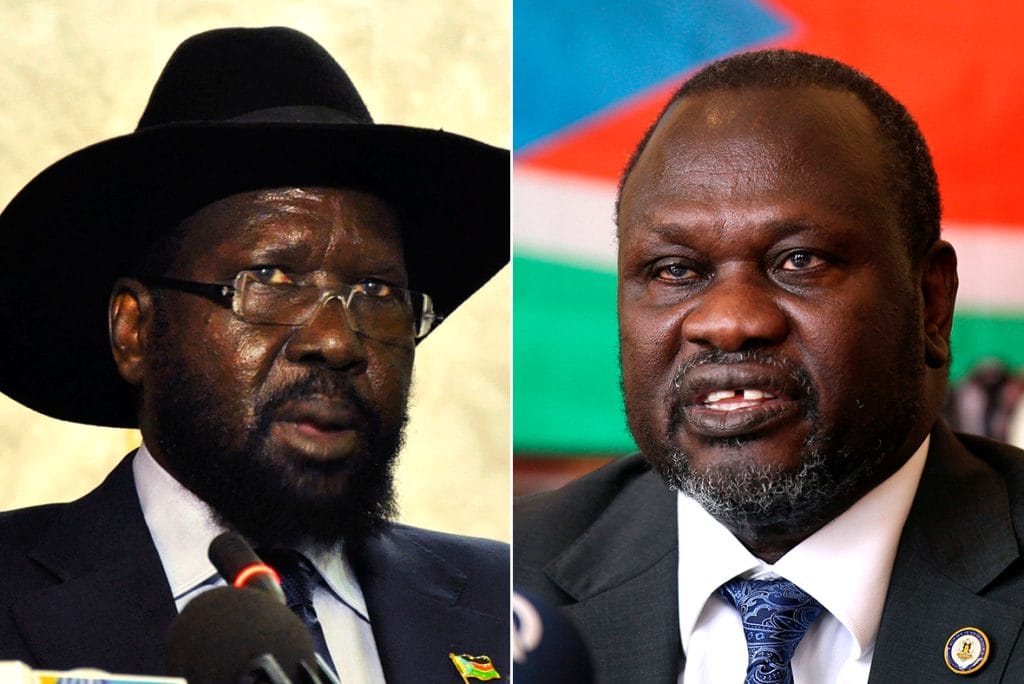South Sudan’s fragile 2018 peace agreement is on the verge of collapse after opposition leader and former First Vice President Riek Machar was formally charged with treason, crimes against humanity, and other offenses.
Authorities allege Machar is linked to recent attacks by the White Army militia in Upper Nile State that left hundreds dead. He has been under house arrest since March, but President Salva Kiir’s government has now stripped him of the vice presidency, effectively ending the power-sharing transitional government.
The opposition SPLM-IO, led by Machar, has denounced the move as a violation of the peace deal and accused the government of sidelining opposition figures by dismissing ministers and MPs without consultation. The group has called on its supporters to mobilize for what it describes as “regime change.”
Background to the Crisis
The 2018 Revitalized Agreement, brokered by IGAD in Ethiopia, was meant to end five years of civil war that killed an estimated 400,000 people and displaced millions. It reinstated Machar as vice president and called for elections and the unification of armed forces. However, key provisions have remained largely unfulfilled, fueling mistrust between the parties.
Mounting Pressures
Analysts warn that Machar’s removal could destabilize the transitional government further, leaving leadership vacuums within his faction and heightening the risk of renewed conflict.
“Machar’s absence complicates negotiations and threatens stability at a time when South Sudan’s economy is already strained,” said one political observer.
The country faces rising inflation, fuel shortages, and falling oil revenues, with civil servants often going unpaid. The conflict in neighboring Sudan has added to instability, while citizens complain of hunger, poverty, and joblessness.
What Lies Ahead
Civil society groups have urged the government to ensure that any trial of Machar and his allies follows due process and avoids turning into a “political show trial.” Activists also warn that renewed violence would devastate ordinary South Sudanese, who continue to bear the brunt of economic and humanitarian crises.
With the opposition mobilizing and the government pushing ahead with treason charges, the peace deal that once brought hope to Africa’s youngest nation now hangs by a thread.



